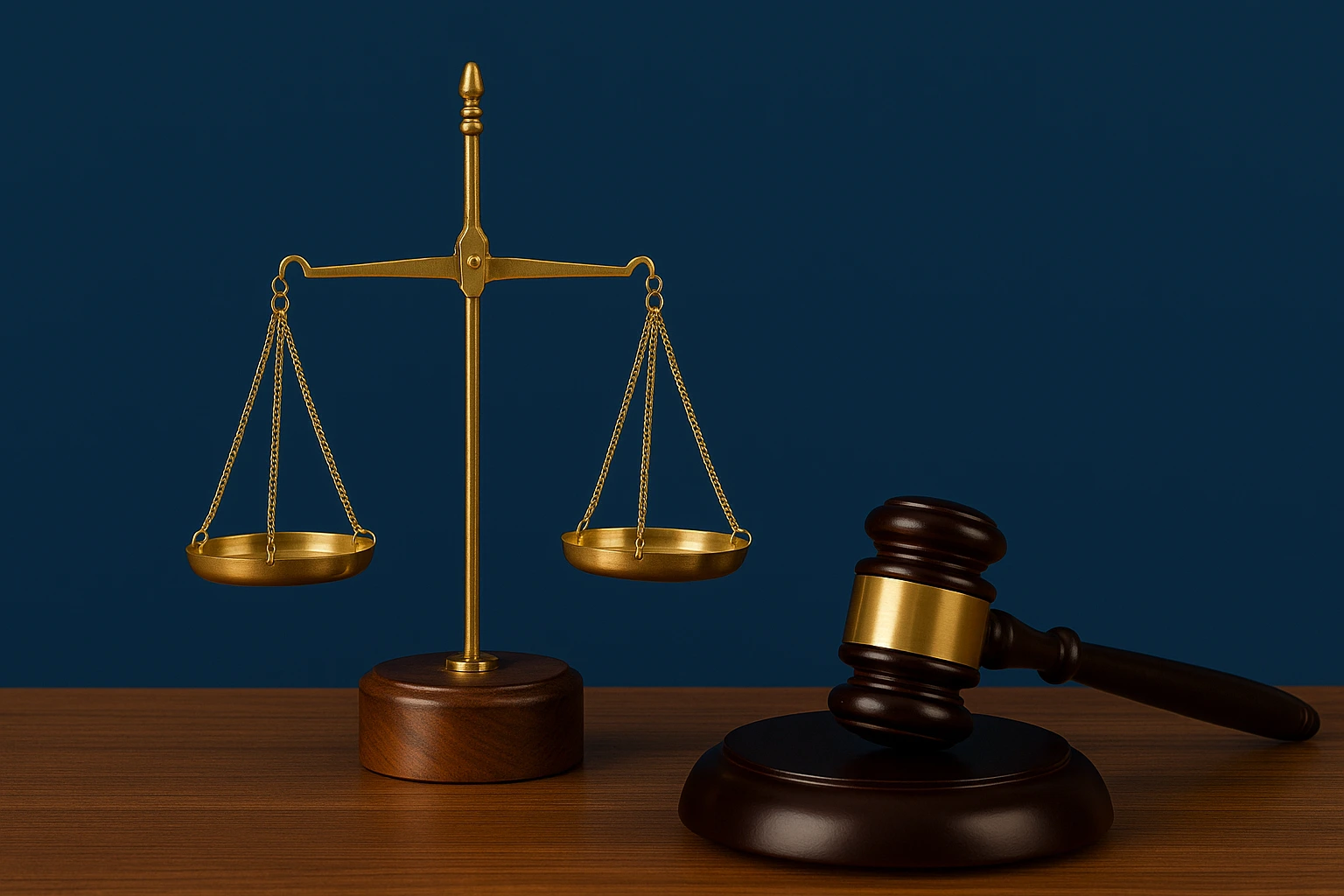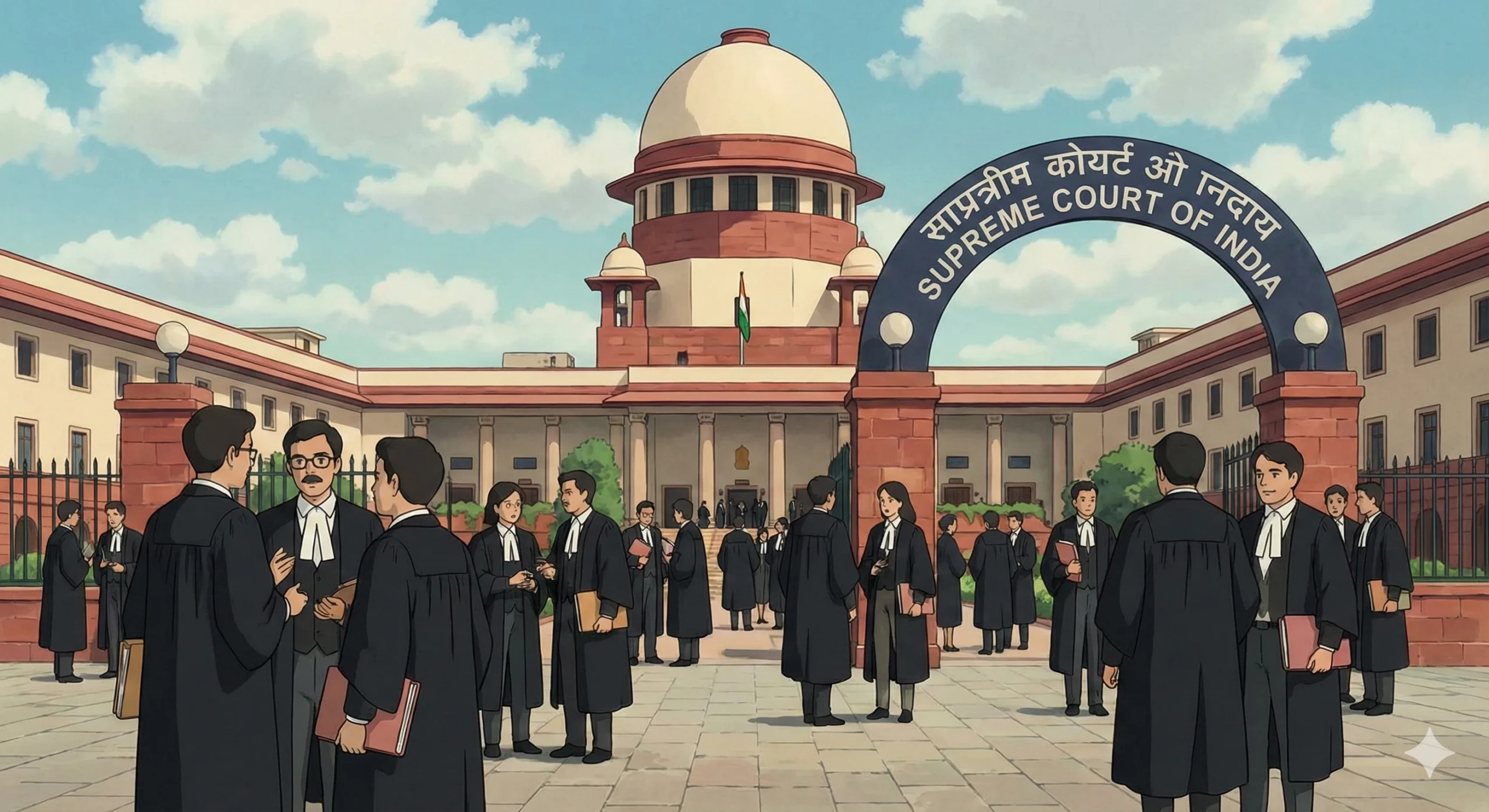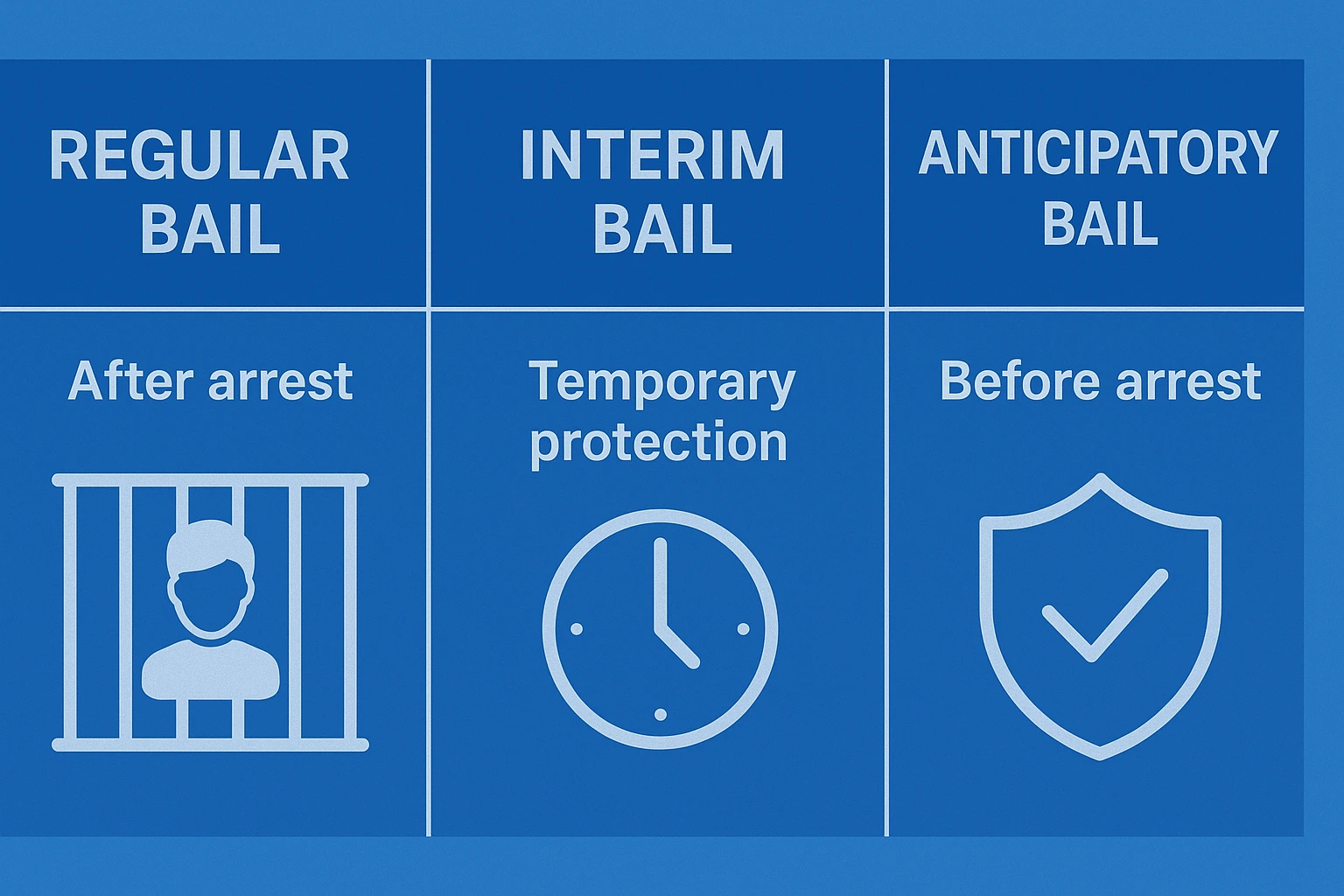
How to Get Bail From the High Court? – A Complete Legal Guide
Securing bail from a High Court is often the last hope for an accused person when lower courts have rejected bail or when the offence is serious in nature. Although the process may seem intimidating, High Courts in India follow well-established principles while deciding bail applications. With the right preparation, documentation, and legal strategy, getting bail becomes significantly easier.
This comprehensive guide explains when to approach the High Court, which law applies, how to file a bail application, what judges consider, common mistakes to avoid, and what happens after bail is granted.
1. What Exactly is Bail?
Bail is the temporary release of an accused person while their trial or investigation is ongoing. Bail does not amount to acquittal; it simply ensures:
-
The accused appears before the court when required
-
They do not obstruct investigation
-
They do not influence witnesses
The objective is to balance personal liberty with the interests of justice.
2. When Should You Approach the High Court?
You typically move the High Court for bail under four broad circumstances:
2.1 If the Sessions Court Has Rejected Bail
In regular bail (Section 439 CrPC) or anticipatory bail (Section 438 CrPC) matters, if the Sessions Court refuses bail, you have the right to approach the High Court.
This is the most common scenario.
2.2 If the Offence is Serious or Complex
You may directly approach the High Court when the offence involves:
-
Murder (Section 302)
-
Attempt to murder (Section 307)
-
Rape (Section 376)
-
NDPS offences
-
POCSO cases
-
Corruption/CBI/ED cases
-
Economic offences
High Courts routinely hear bails in such cases.
2.3 If Your Arrest is Imminent and You Need Anticipatory Bail
When a person fears arrest, they may apply for anticipatory bail. The usual route is:
-
Sessions Court
-
High Court (if rejected or in exceptional urgency)
A well-drafted anticipatory bail petition is crucial here.
2.4 If There Are Extraordinary or Constitutional Violations
High Courts may grant bail under Article 226/227 in exceptional cases—such as illegal detention or fundamental rights violations.
3. Types of Bail the High Court Can Grant
High Courts grant the following types:
3.1 Regular Bail (Section 439 CrPC)
For accused already arrested or in judicial custody.
3.2 Anticipatory Bail (Section 438 CrPC)
Protection against arrest.
3.3 Interim Bail
Temporary relief granted until further hearing.
3.4 Default Bail (Section 167(2) CrPC)
Granted when the police fail to file the charge sheet within the statutory period (60/90 days).
4. Step-by-Step Process to Get Bail from the High Court
Below is the actual workflow of a bail application before a High Court.
Step 1: Hire a Competent Criminal Law Advocate
High Court practice requires precise drafting, knowledge of precedent, and structured arguments. Choosing an experienced advocate increases success chances significantly.
Step 2: Collect All Necessary Documents
Your advocate will need:
-
FIR copy
-
Remand papers
-
Rejection order of Sessions Court (if any)
-
Medical records (if medical grounds are claimed)
-
Proof of residence & identity
-
Any exculpatory evidence
-
Statements, sworn affidavits, CCTV footage, etc.
Strong documentation can dramatically influence the case.
Step 3: Drafting of Bail Petition
A bail application typically contains:
✔ Case Details
-
Crime number
-
Police station
-
Sections charged
✔ Custody details
How long the accused has been in jail.
✔ Case facts
A brief narrative without arguing the entire case.
✔ Grounds for bail
These may include:
-
False implication
-
Weak evidence
-
No recovery from the accused
-
Contradictory witness statements
-
Delay in trial
-
Medical conditions
-
No previous criminal record
-
Deep roots in society
-
Cooperation with investigation
✔ Prayer Clause
What relief is being sought—regular bail, anticipatory bail, interim bail, etc.
Step 4: Filing the Petition in the High Court Registry
Your advocate files the petition along with:
-
Vakalatnama
-
Affidavit
-
Court fees
-
Annexures
The Registry checks formatting, corrections, and compliance. After approval, the case receives a number and is listed before a judge.
Step 5: The Bail Hearing Before the High Court
During the hearing:
Your advocate will argue:
-
That your arrest is unnecessary
-
That you are cooperating
-
That evidence is insufficient
-
That you have no criminal background
-
That you will obey all conditions
The Public Prosecutor may argue:
-
Severity of the offence
-
Risk of absconding
-
Chances of tampering with evidence
-
Potential threats to witnesses
The Judge may:
-
Ask questions
-
Seek the case diary
-
Request a status report
-
Adjourn for further hearing
-
Grant interim protection
A well-presented argument often makes the difference.
5. What Factors Do High Courts Consider Before Granting Bail?
High Courts rely on several key principles:
5.1 Nature and Gravity of the Offence
More severe offences require stronger bail grounds.
5.2 Strength of the Prosecution’s Evidence
If the case is based on weak evidence or the accused played a minor role, the court often leans toward bail.
5.3 Possibility of Tampering with Evidence or Influencing Witnesses
This is one of the most important considerations.
5.4 Likelihood of Absconding
If the accused has a stable job, family, residence, and no history of absconding, courts favour bail.
5.5 Antecedents / Criminal History
First-time offenders have a better chance.
5.6 Delay in Trial
If charges have not been framed or witnesses are not appearing, bail becomes more likely.
5.7 Humanitarian Grounds
Courts consider:
-
Old age
-
Serious medical illness
-
Family responsibilities
-
Pregnancy
6. Conditions Imposed by the High Court After Granting Bail
Upon granting bail, courts often impose conditions such as:
-
Not leaving India without permission
-
Surrendering passport
-
Appearing before the IO whenever called
-
Not threatening or influencing witnesses
-
Weekly/monthly reporting to the police
-
Furnishing sureties
Violation of any condition may result in cancellation of bail.
7. What Happens After Bail Is Granted?
The accused must:
-
Obtain a certified copy of the bail order
-
Submit surety bonds before the trial court
-
Follow all bail conditions
-
Appear in court during trial
Failure to comply can lead to issuance of a non-bailable warrant (NBW).
8. What If the High Court Rejects Bail?
You may still have options:
✔ Approach the Supreme Court
File a Special Leave Petition (SLP).
✔ Reapply on Fresh Grounds
For example:
-
New evidence
-
Witnesses examined
-
Long custody
-
Illness
High Courts often reconsider when circumstances change.
9. Common Mistakes to Avoid
-
Filing a bail application without proper grounds
-
Hiding relevant facts
-
Aggressive or emotional arguments
-
Not cooperating with investigation
-
Violating interim bail conditions
-
Not choosing the right advocate
10. Tips to Improve Your Chances of Getting Bail from the High Court
-
Ensure your petition is well-drafted and concise
-
Attach supportive documents
-
Maintain a clean criminal record
-
Avoid discussing the case with witnesses
-
Attend all court dates
-
Keep your lawyer updated with all facts
Conclusion
Getting bail from the High Court is a structured but detailed process. With the right legal strategy, strong documentation, and compliance with the law, your chances of securing bail significantly improve. High Courts give great importance to liberty, fairness, and the presumption of innocence—but they must also ensure justice and public safety.



Comments (0)